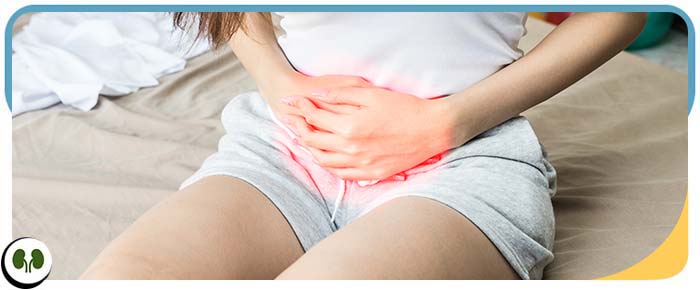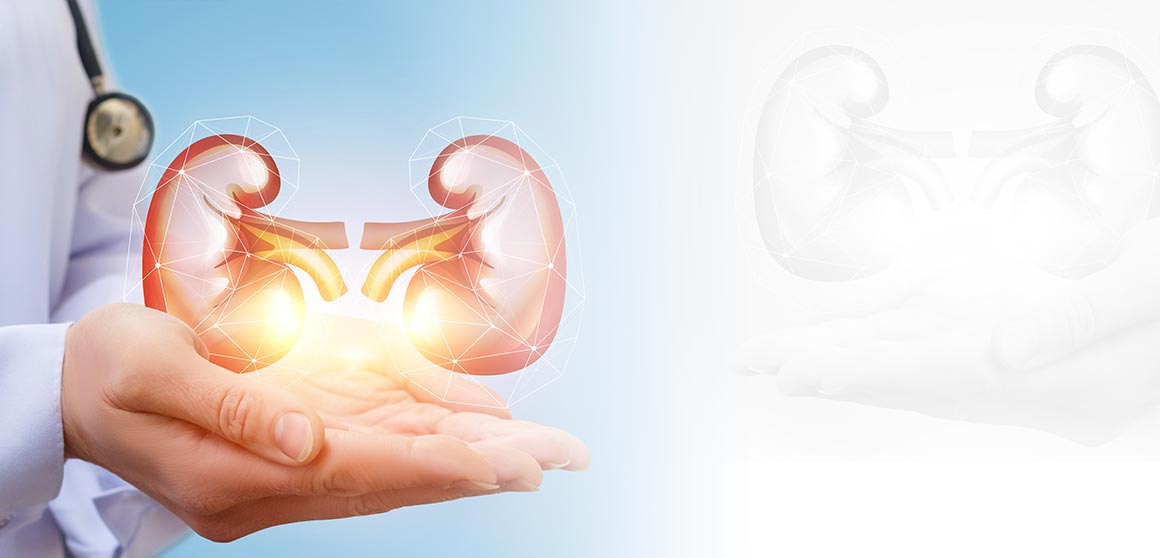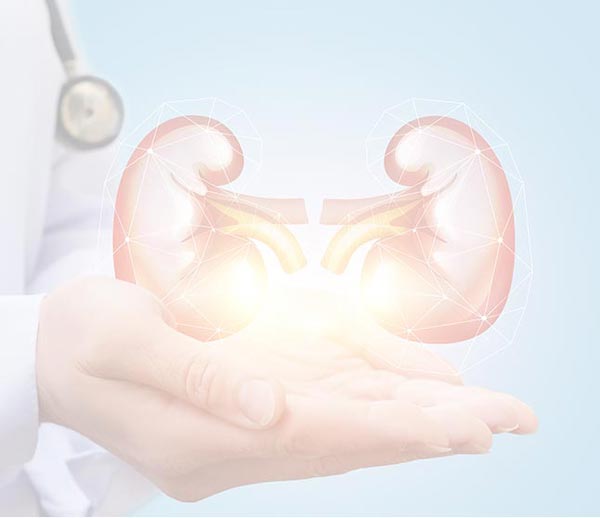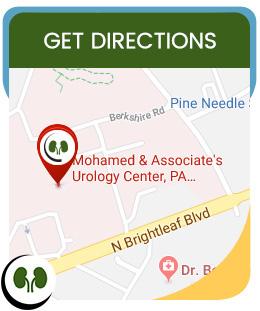Bladder Infection Treatment Specialist in Smithfield NC
There are treatments for bladder infections, so get it looked after right away at Mohamed & Associates Urology Center. Call our team of healthcare professionals or visit us online to book an appointment. We serve patients from Smithfield, NC and surrounding areas.











